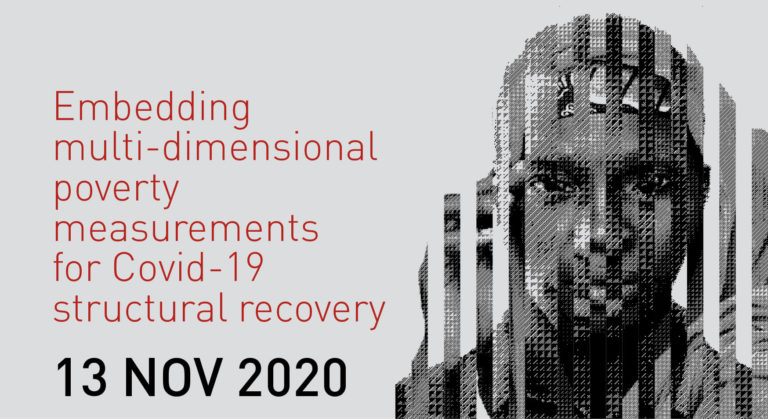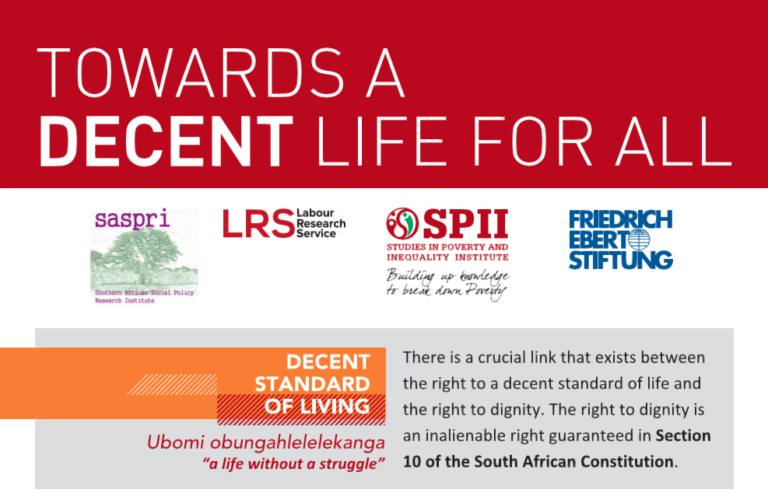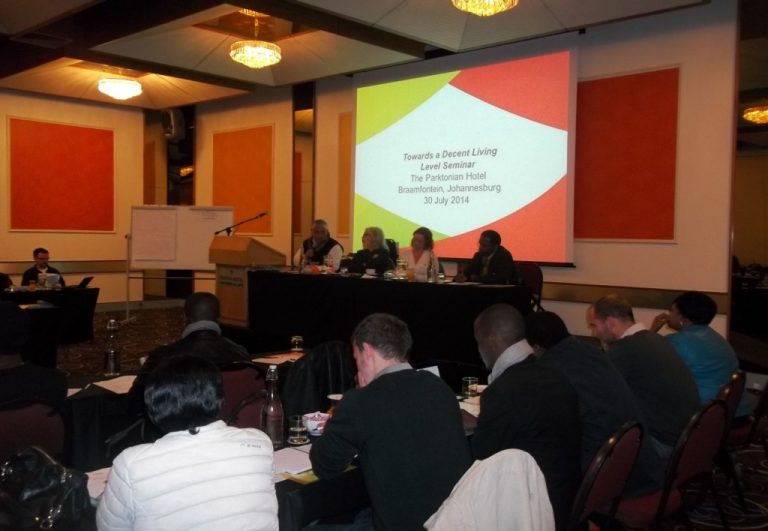Introduction
What constitutes a decent standard of living for people in South Africa?
The aim of this ongoing project is to derive an understanding of what constitutes a broadly acceptable living level that should be used to reflect a basic living level. Central to this ambitious target is an awareness of the necessity of moving away from the minimalist ‘poverty lines’ that have been used in the design and evaluation of anti-poverty programmes. The use of such very basic levels to characterise the state of poverty is dangerous in an upper middle- income country such as South Africa that is already characterised by one of the highest levels of income inequality globally. Using such low levels might create more palatable poverty figures, but it dulls our ambitions of really ensuring that people live the life of dignity as guaranteed to them in the Constitution of South Africa, let alone a life of one of greater equality as the Constitution further provides for.[1] This project is thus inherently rights- based, rather than being a technocratic exercise. It is about trying to understand through asking ordinary people what such a decent living level should be for all in a post- Apartheid democracy.















